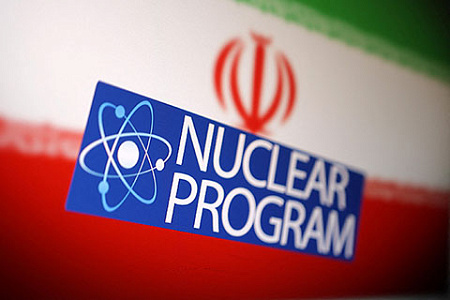
A major diplomatic crisis has erupted as European powers reimposed a sweeping set of United Nations sanctions on Iran, a move Tehran immediately denounced as illegal and a hostile act of confrontation. The restrictions, targeting Iran’s defense, nuclear, and ballistic missile programs, were originally lifted under the landmark 2015 nuclear accord, known as the Joint Comprehensive Plan of Action (JCPOA), but have now been reinstated in a dramatic escalation of tensions.
Iran’s Foreign Ministry declared the move “legally baseless and void,” accusing the United States and the European trio of France, Germany, and the United Kingdom of choosing “confrontation and crisis escalation.” Tehran vowed a “decisive and appropriate response” to any action that undermines its national interests. In a significant show of support, Russia sided with Iran, stating that the European-led action is “null and void from an international law standpoint” and carries no legal obligations for other UN member states.
The reinstated sanctions are comprehensive, placing a full embargo on the sale or transfer of conventional arms to Iran. They also prohibit the import or export of technologies related to its nuclear and missile programs and mandate the freezing of international assets for individuals and entities involved in these sectors. The move effectively isolates Iran’s defense industry and hampers its technological development in sensitive areas.
The European powers triggered the sanctions using the controversial “snapback” mechanism, a provision within the JCPOA designed to restore penalties if Iran failed to meet its commitments. This followed a breakdown in negotiations where the Europeans reportedly offered to continue sanctions relief if Tehran returned to full compliance with the International Atomic Energy Agency (IAEA), clarified its enriched uranium stockpile, and entered direct talks with the United States. Iran’s last-minute diplomatic overtures, including a reported offer to grant inspectors access to its Natanz nuclear site, failed to avert the snapback.
Behind the defiant public statements, Iran’s establishment is reportedly deeply concerned about the consequences. Sources within Tehran suggest a growing worry that the nation cannot withstand further economic pressure or a new war. This has fueled a debate within the ruling elite, pitting hardliners favouring a tougher stance against more cautious figures. The most likely path forward, according to insiders, is a strategy of “no war, no deal”—an attempt to maintain the status quo and absorb the pressure without ceding ground in future negotiations.
Publicly, Iranian officials are attempting to downplay the impact of the sanctions to reassure a weary populace, framing the Western move as a psychological warfare tactic designed to frighten the nation into making concessions. However, this is set against a backdrop of deep mistrust, exacerbated by Western intelligence reports alleging that Iran is secretly constructing new, heavily fortified nuclear facilities, including a tunnel complex deep inside the Zagros mountain range.
According to Iranian President Masoud Pezeshkian, the final straw was an “unacceptable” American demand that Iran surrender its entire stockpile of 60% enriched uranium in exchange for a mere three-month delay in sanctions. Pezeshkian reasoned that it was better to face the sanctions than to submit to demands that offered no long-term security, suggesting the U.S. could simply impose new conditions later.
Despite the punitive measures, Western diplomats insist the door to a diplomatic solution is not closed. The U.S. State Department has reiterated that a negotiated deal remains the preferred outcome for both the world and the Iranian people. However, it has placed the onus squarely on Tehran, conditioning any future progress on Iran’s willingness to engage in direct, good-faith negotiations without delay. For now, the world watches as the standoff deepens, with both sides locked in a high-stakes confrontation with no clear off-ramp.
